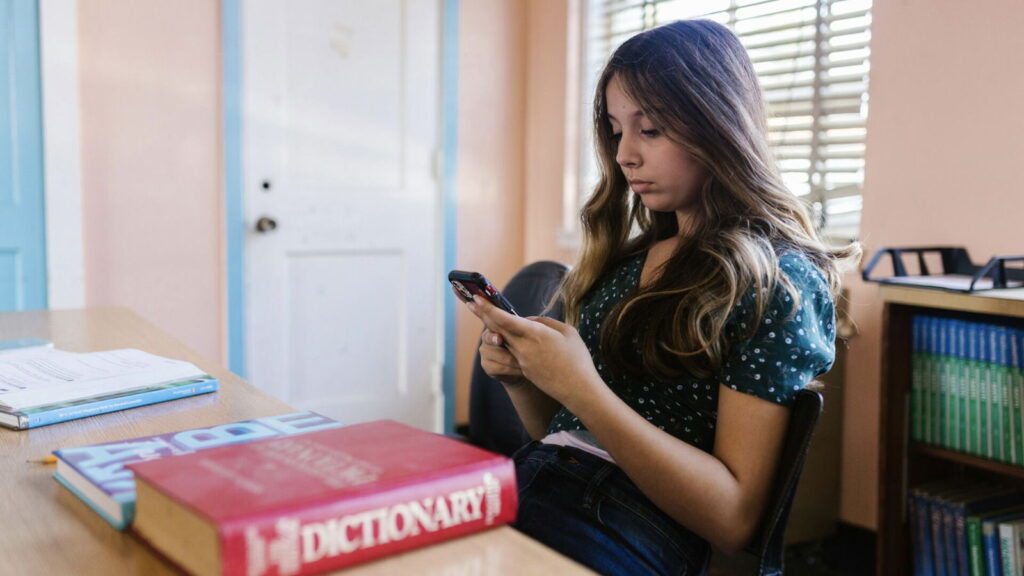By Michaela Gordoni
According to digital safety expert David Gomez, the perceived necessity of smartphones for children is often overblown.
"I strongly encourage all parents to postpone giving their child a smartphone until they are at least 13, with 16 being preferable," Gomez stated in a recent Facebook post. "A common justification for disregarding this advice is the belief that a child needs a smartphone to contact their parent if they are home alone after school and an unforeseen event occurs."
He elaborated, "For what is intended as a safety measure, parents are inadvertently granting a 10-year-old access to countless potential dangers, including local predators, unrestricted pornography, sexual objectification, the risk of human trafficking, and a host of other concealed smartphone hazards."
Gomez argues that the single perceived benefit doesn't outweigh the multitude of potential risks.
"There are many safer alternatives available to ensure your child's well-being after school," he suggested. "Consider options like Alexa devices, landline phones, Gabb wireless phones, Troomi phones, Gizmo watches, TilkTalk watches, Gabb watches, Pinwheel phones, Light phones, Bark phones, Garmin Bounce watches, Wise phones, or even no phone at all. I'm sure there are others I'm missing."
Classic flip phones and devices like the Fitbit Ace, which offers texting and calling capabilities, also provide viable alternatives.
"My kids simply ring our Ring doorbell if they need anything," one parent shared in the comments section of Gomez's post.
The Be ScreenStrong organization, dedicated to digital safety, indicates that the primary reason parents provide their children with smartphones is a lack of awareness regarding the associated scientific data and potential risks. Social pressure also plays a significant role.
Frequently, parents don't use their phones in the same way that their children do, leading to a failure to fully grasp how and why their child will use a phone – and the frequency of that use. Crucially, they don't always adequately consider the potential consequences and safety implications.
Currently, there's a growing awareness of the dangers posed by smartphones in educational environments. In addition to the safety concerns raised by Gomez, smartphones can lead to increased distractions, decreased academic performance, and challenges for teachers in maintaining student focus. Many states have either enacted or explored policies addressing this issue in the current year.
The Institute for Family Studies recommends that parents delay providing their children with cellphones for as long as feasible and engage in conversations about the fear of missing out (FOMO).
The advantages of foregoing smartphones far outweigh the potential drawbacks. While children may experience feelings of exclusion, they will ultimately benefit from enhanced safety and improved overall development.
Related Article: Psychologist Encourages Parents to Work Together to Limit Children's Smartphone Use
For questions or comments, please contact us here.
You may also like
-
Actress’ Baby Only Wanted THIS?! God SHOCKED Her With The Truth!
-
Discord: Is Your Child's Soul at RISK? (The TRUTH Parents MUST Know!)
-
Candace Cameron Bure's Kids Asked Her *This* Question About Faith?!
-
Hollywood Star's Secret Weapon for Sharing Faith Fearlessly!
-
PBS Kids Just Did WHAT?! The Future of Family Gaming is Here!

